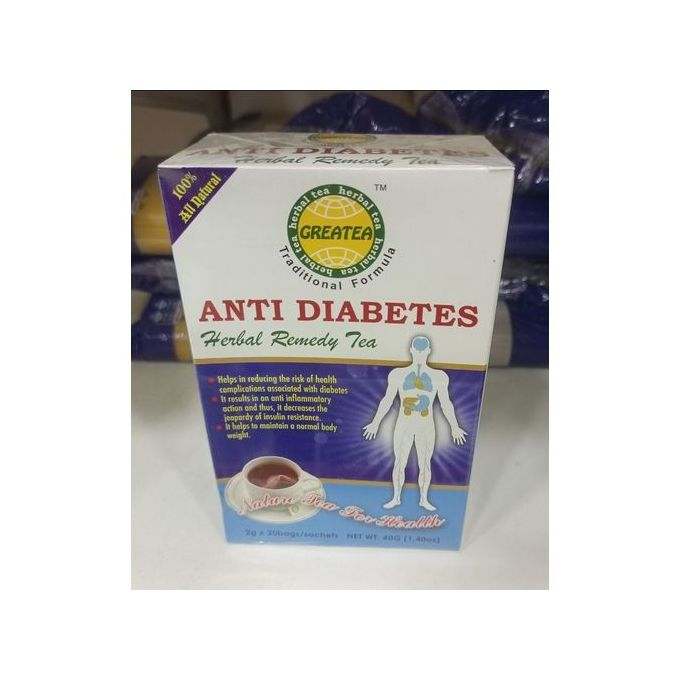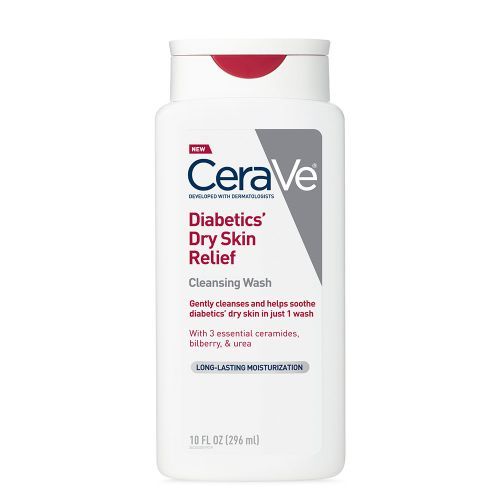Type 1 (juvenile) diabetes is not as common as type 2 diabetes and typically affects children under the age of fourteen. Although adults can become afflicted
with this type of diabetes, it is considered very rare in those 35 years of age or older. Type 1 diabetes occurs when the pancreas produces little or no insulin.
This usually occurs when the immune system attacks the cells in the pancreas that are responsible for making insulin. Although this type of diabetes is almost impossible to reverse naturally and requires medications.
T1DM is primarily caused by ß - cell destruction although some insulin resistance is also present. After the initial stages, insulin is required for survival. In Europids 90% show evidence of autoimmunity with anti - glutamine acid decarboxylase (anti - GAD), anti - insulin andor islet cell antibodies detectable.
It shows strong association with specifi c alleles at the DQ - A
and DQ - B loci of the HLA complex.
Not all subjects with the clinical characteristics of T1DM show these associations with autoimmunity although they are ketosis - prone, non - obese and generally under the age of 30 years. In non - Europid populations, up to 80% may show no measurable autoantibodies ; these are referred to as having idiopathic T1DM.
As with autoimmune diabetes, however, there is clear loss of ß - cell function as measured by low or absent C - peptide secretion. Diabetes occurring before the age of 6 months is most likely to be monogenic neonatal diabetes rather than autoimmune T1DM.
In addition to the typically young people with acute - onset T1DM, there is an older group with slower onset disease. They may present in middle age with apparent T2DM but have evidence of autoimmunity as assessed by GAD antibody measurements and ultimately become insulin - dependent. This is referred to as latent autoimmune diabetes of adults (LADA).
RELATED POSTS
Known Factors That Can Lead To Diabetes
How Do You Count Carbohydrate Intake?
Lose Weight and Exercise Regularly
Cut Back on Saturated Fats and Avoid Trans Fats
RELATED OFFERS







































